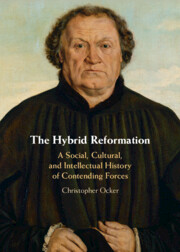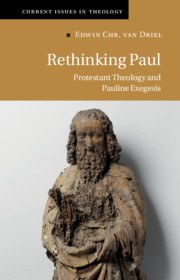Protestant critique of the Catholic idea of inherent righteousness has, since the time of the Reformation, given rise to counter-questions about the status of faith in Protestant theology. Is faith a human condition for justification (that is, a human act or inherent property which is necessary for justification), and why should not faith in that case be counted as a kind of work? Many Protestant theologians, however, view it as very important to dissociate faith from works. This article examines a number of Protestant attempts to explain why faith is not a work. The examined explanations rely on a number of ideas, for example, that faith is not a work because faith is a gift of God, or because faith is non-voluntary, or because faith is not a condition of justification, or because faith does not merit justification, or because faith is union with Christ. The problem with many of these Protestant answers to the question of why faith is not a work is that they can equally well be used to explain why the supernatural virtue of love is not a work. The Reformers, however, strongly associated love with ‘works of the law’, and wanted to keep love out of the doctrine of justification. For Protestants who share this view of love, the present article poses a challenge. Is it possible to dissociate faith from works without at the same time dissociating love from works, thereby legitimising the Tridentine understanding of justification? The author concludes that this is indeed possible, but only if an important identity marker for much Protestant theology is given up, namely the purely forensic understanding of the doctrine of justification.



